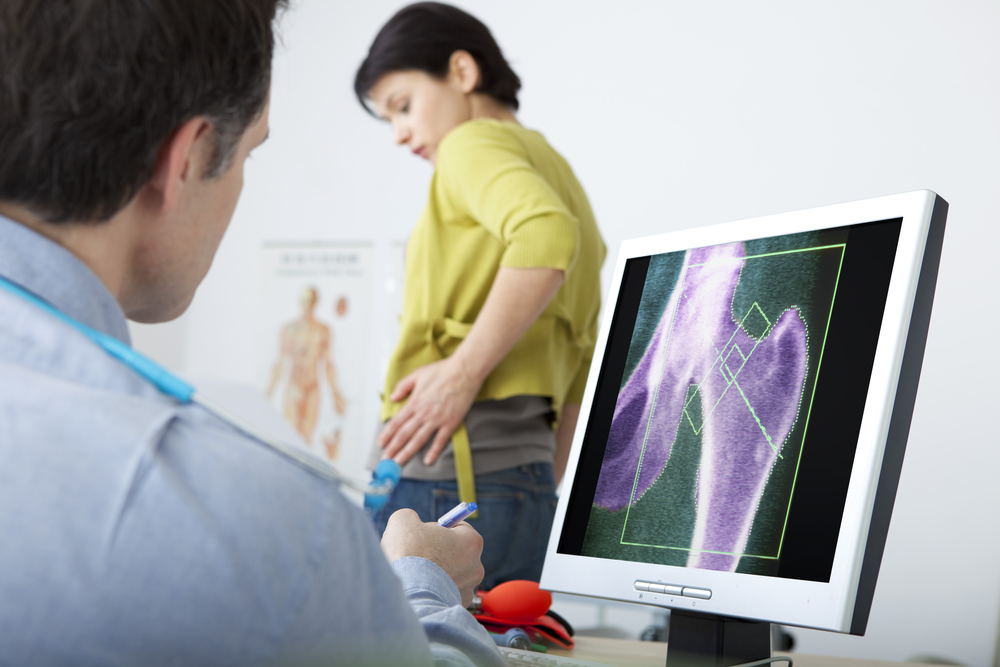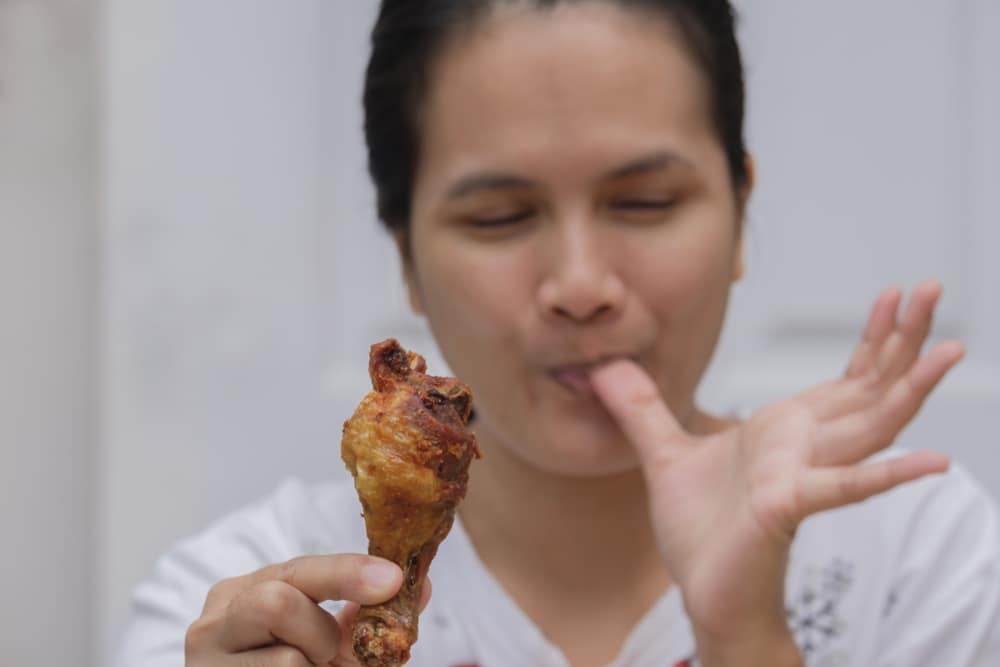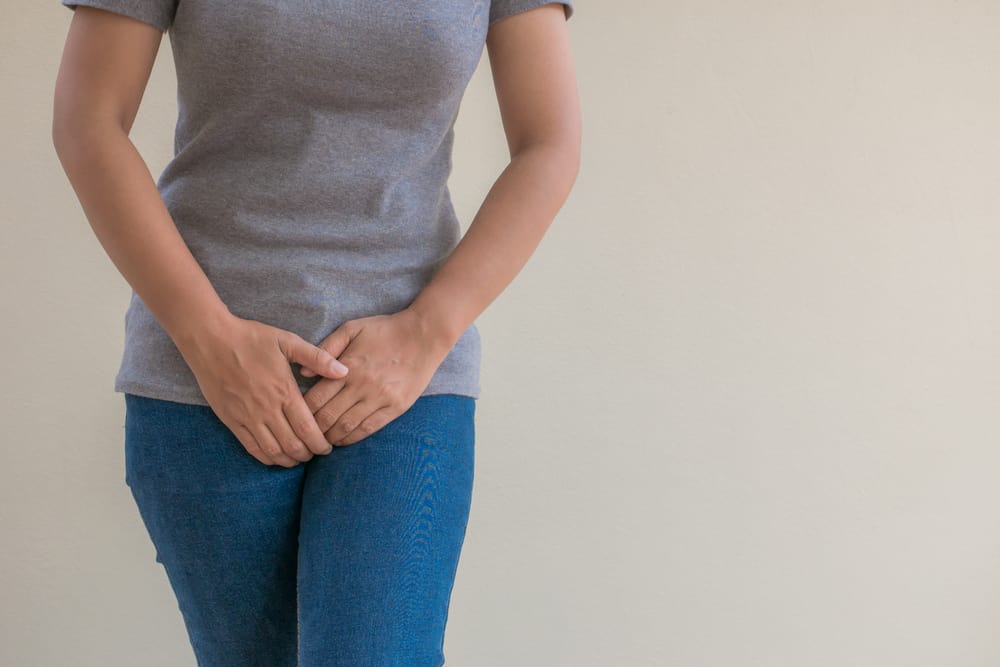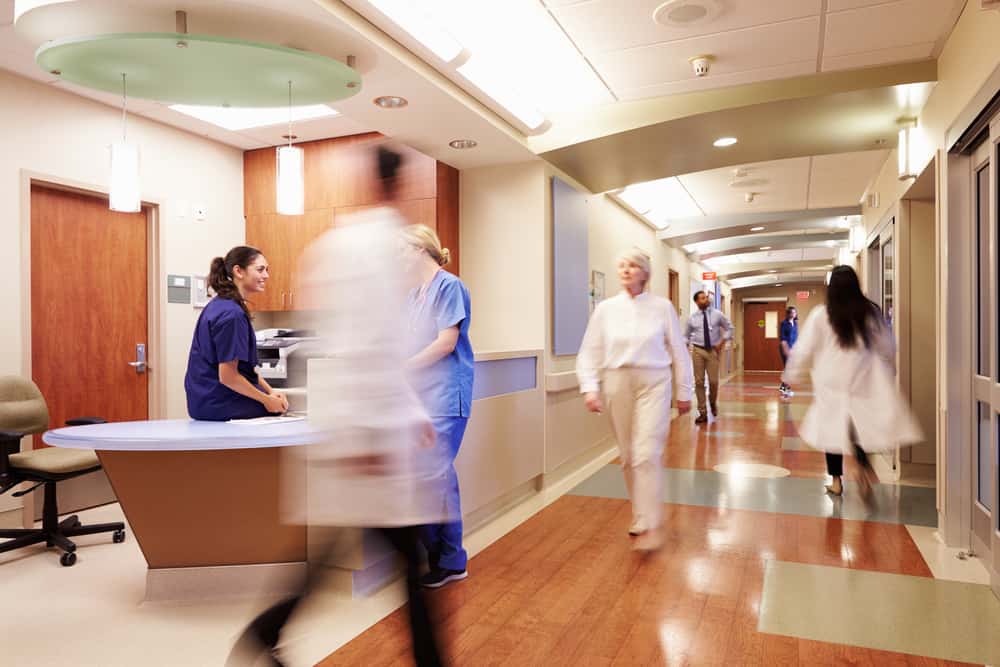Contents:
- Medical Video: Skinny Fat: What is Skinny Fat and a 3-Step Solution to Fix It
- Thin people are more at risk of osteoporosis
- However, the risk of osteoporosis in obese people can also increase
- How to reduce the risk of osteoporosis?
Medical Video: Skinny Fat: What is Skinny Fat and a 3-Step Solution to Fix It
Osteoporosis or bone loss is the thinning of bone mass that occurs on an ongoing basis, making your bones become porous, fragile and easily broken. This occurs when damage to bone tissue occurs faster than the production of new bone cells.
Women are more at risk of having osteoporosis after their menstrual period ends, aka menopause. Fractures due to osteoporosis are more common in the pelvis, wrist or spine, but all bones can also be affected. In some bones that have been damaged, the healing process is longer, especially the pelvic bone.
But besides that, there are several factors that increase the occurrence of osteoporosis, such as age, family history, to your weight.
Thin people are more at risk of osteoporosis
Weight loss also contributes to a person's risk of osteoporosis. Fat people tend to have a risk of various diseases, including one of them is osteoporosis. But for this bone loss disease, obese people have a lower risk of experiencing this disease compared to thin people, especially those who have body mass index less than 18.
Yes, the risk of osteoporosis is even greater in people who have thin bodies. Bone mass will be greater in people with large bodies compared to people who are thin and small. This is because bones will actively form cells when pressed by heavy weight.
In areas of bone that support more weight, the bones will be stimulated to form a mass in the area, especially in the hip and pelvic area. If the body weight is light, bone mass tends to be less fully formed. Having a low body weight or a small and thin body shape usually indicates you have less bone mass than others.
However, the risk of osteoporosis in obese people can also increase
Although the risk of osteoporosis in obese people is lower, but if they lose weight in the wrong way, the risk can be even greater than thin people in general.
Often fat people have the intention or desire to reduce weight. This can trigger an increased risk of osteoporosis. If the diet method chosen or applied is not correct, it has the potential to increase the risk of osteoporosis in your body.
The improper diet means people who want to lose weight quickly and in a short time, tend to eat unbalanced foods, eat small amounts of food, and often don't eat for dozens of hours so there is no nutrient intake that strengthens the body .
How to reduce the risk of osteoporosis?
To reduce the risk of osteoporosis, do a healthier lifestyle change, such as:
- Do not smoke.
- Avoid drinking excessive alcohol.
- Diligent sports.
- Maintain a healthy weight. Make sure you are not overweight or obese. This can cause stress to the bones and make you more vulnerable to injury.
- Running a healthy diet with calcium and vitamin D. Your diet should include essential nutrients to make strong bones. This will help reduce the risk for fractures. If necessary, consume supplements that contain calcium and vitamin D to strengthen your bones.












